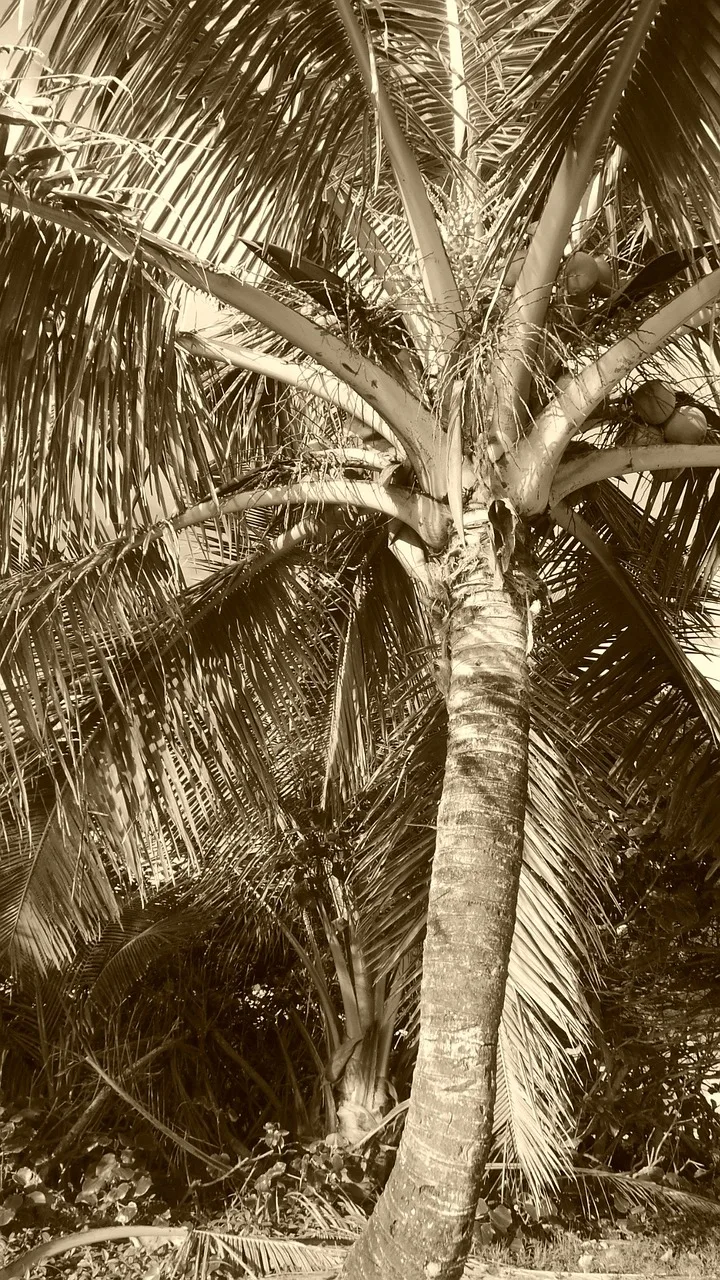
Coconut husk, also known as coir, is the fibrous material found between the hard inner shell and the outer coat of a coconut. This natural byproduct of the coconut industry has gained popularity due to its versatility and eco-friendly properties. It offers a wide range of applications, from being an excellent medium for plant growth to providing comfortable bedding for pets. In this article, we will delve into the various uses of it and explore its potential in different industries.
Benefits of Using CoconutHusk for Plants
It is an ideal growing medium for plants due to its exceptional water retention properties. The fibrous structure of the husk allows for optimal air circulation and drainage, preventing waterlogging and root rot. Additionally, it is free from harmful chemicals, making it a safe and organic choice for plant cultivation. Its natural resistance to pests and diseases also reduces the need for chemical pesticides. Whether you are an avid gardener or a commercial farmer, incorporating it into your planting routine can significantly improve the health and vitality of your plants.
Using Coconut Husk as Bedding for Pets
It makes for an excellent bedding option for pets such as reptiles, birds, and small mammals. Unlike traditional bedding materials, it is dust-free and hypoallergenic, making it ideal for animals with respiratory sensitivities. Its natural moisture-absorbing properties help control odor, keeping your pet’s living environment fresh and clean. Furthermore, it is biodegradable, allowing for easy disposal and reducing environmental impact. By choosing it as bedding for your furry or scaly friends, you are not only providing them with comfort but also contributing to a greener planet.
The Process of Obtaining CoconutHusk Fiber
Coconut husk fiber, also known as coir fiber, is derived from the outer layer of the coconut husk. The process of obtaining it fiber involves several steps. First, the coconut husks are soaked in water to soften the fibers. Then, they are beaten or mechanically processed to separate the long fibers from the shorter ones. Afterward, the fibers are washed and dried in the sun to remove any impurities. The resulting coconut husk fiber is strong, durable, and resistant to decay, making it suitable for various applications.
The Versatility of Coconut Husk Fiber in Various Industries
Coconut husk fiber finds application in a wide range of industries due to its exceptional properties. In the agricultural sector, it is used to make biodegradable pots, baskets, and mats. Its moisture retention capabilities make it an ideal choice for hydroponic systems and soil erosion control. In the textile industry, coconut husk fiber is spun into yarn and woven into rugs, doormats, and upholstery. Its natural resistance to fungi and bacteria makes it a popular choice for mattress and cushion filling. Moreover, coconut husk fiber is utilized in the automotive industry for sound insulation and as a reinforcement material in composite materials.
CoconutHusk Chips for Gardening and Landscaping
Coconut husk chips, also known as coir chips, are small pieces of coconut husk that are widely used in gardening and landscaping. These chips serve as an excellent alternative to traditional mulch and bark. Coconut husk chips have superior water retention capabilities and provide aeration to the soil, promoting healthy root growth. They also break down slowly, ensuring a long-lasting mulching effect. Whether you are growing ornamental plants, vegetables, or herbs, incorporating coconut husk chips into your garden beds or pots will enhance soil fertility and improve overall plant health.
How to Prepare CoconutHusk for Planting
Before using it as a growing medium, it is crucial to prepare it properly to optimize its benefits. Start by soaking it in water for a few hours to rehydrate the fibers. Next, break the husk into smaller pieces and rinse them thoroughly to remove any excess salts or debris. Once clean, it is ready to be used as a planting medium or mixed with potting soil. Remember to monitor the moisture levels and adjust watering accordingly, as it retains water more efficiently than traditional soil.
Tips for Using Coconut Husk Effectively in Gardening
To make the most out of it in your gardening endeavors, consider the following tips:
- Mix it with other organic materials, such as compost or peat moss, to create a well-balanced growing medium.
- Use coconut husk chips as a top dressing to conserve moisture and suppress weed growth.
- Regularly monitor the moisture levels in the coconut husk and adjust watering accordingly to prevent overwatering.
- When using it in pots or containers, ensure proper drainage to avoid waterlogging.
- Reuse it as a mulch or compost it after use to promote sustainability in your garden.
Where to Buy CoconutHusk Products
Coconut husk products, including coconut husk fiber, coconut husk chips, and coir mats, can be purchased from various sources. Local nurseries, garden centers, and agricultural supply stores often carry a range of coconut husk products. Online retailers specializing in gardening and landscaping supplies also offer a wide selection of coconut husk-based products. When purchasing coconut husk products, ensure they are of high quality and sourced from sustainable and reputable suppliers.
Conclusion: The Endless Potential of CoconutHusk
Coconut husk, with its multifaceted uses, proves to be an invaluable resource. From serving as a growth medium for plants to providing comfortable bedding for pets, it offers numerous benefits. Its versatility extends to various industries, including agriculture, textiles, and automotive. By embracing it and its byproducts, we can harness its potential while promoting sustainability and eco-friendliness. So, whether you are a gardener, a pet owner, or an industry professional, consider incorporating it into your practices and explore the endless possibilities it offers.
CTA: Ready to explore the benefits of it in your gardening or pet care routine? Visit our website to browse a wide range of high-quality coconut husk products and start harnessing the potential of this versatile natural material today.






